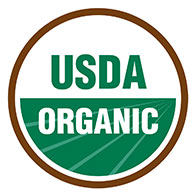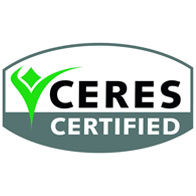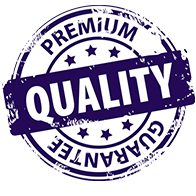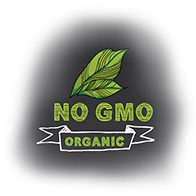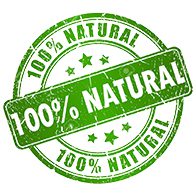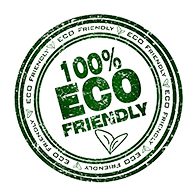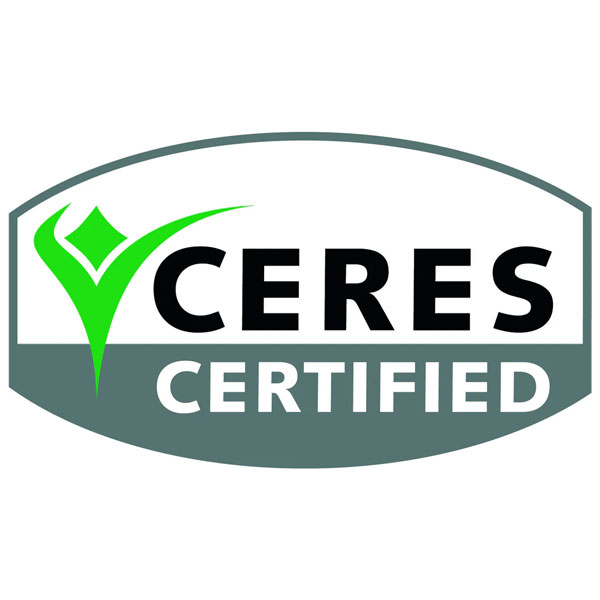Introduce to our CERES Certificate
CERES is an internationally recognized certification body specializing in organic product certification. The CERES certificate indicates that our organic fertilizer production process and product quality meet strict organic standards, including the use of natural raw materials, prohibition of synthetic chemicals, and sustainable production practices.
Rutom Ratio N-rich Fertilizers
Our Ricpes list for Nitrogen-rich:
- Amino Acid Powder (Nitrogen-rich fertilizers (N))
- Amino Acid Granule (Nitrogen-rich fertilizers (N)))
- Rutom 12-1-2 (Nitrogen-rich fertilizers (N))
- Rutom 3-3-6 (Nitrogen-rich fertilizers (N))
- Rutom 6-5-4 (Nitrogen-rich fertilizers (N))
- Rutom 5-3-2 (Nitrogen-rich fertilizers (N))
- Rutom 12-0-1 (Nitrogen-rich fertilizers (N)
- Rutom 6-2-1 (Nitrogen-rich fertilizers (N))
- Rutom 6-12-0 (Nitrogen-rich fertilizers (N))
- Rutom 7-4-5 (Nitrogen-rich fertilizers (N))
- Rutom 5-3-4(Nitrogen-rich fertilizers (N)
- Rutom 9-1-1 (Nitrogen-rich fertilizers (N)
- Rutom 9-6-0 (Nitrogen-rich fertilizers (N)

Fertilizers, composts, soils
Soil is important for our plant growing; soil amendment often use amimal guano, plant, or mineral as material
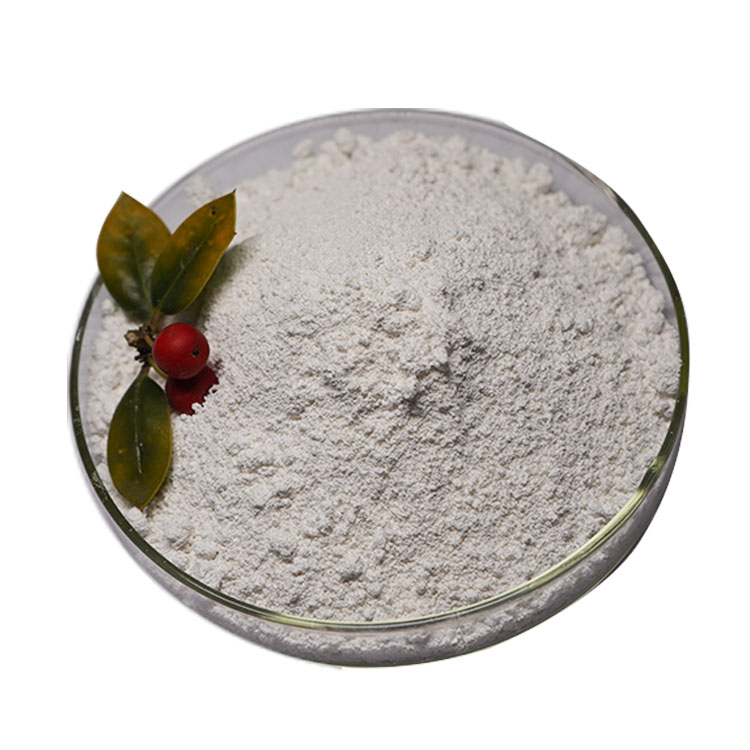
Soil Amendment
Soil amendment lists:
- Kaolin (fertilizers, composts, soils and technical materials Soil amendment
- Szaibelyite (fertilizers, composts, soils and technical materials Soil amendment
- Diatomite (fertilizers, composts, soils and technical materials Soil amendment
- Natural Kieserite (fertilizers, composts, soils and technical materials Soil amendment
- Dolomite Powder (Full Green Floable) (Calcium fertilizers)
- Potassium Magnesium Sulfate (potassium-rich fertilizers (K))
- Seaweed Extract (Seaweed products
From Animal Orgin or byproducts Material
Animal origin material lists:
- Chitin (Fertilizers, composts, soils, and technical materials by-products of animal origin)
- Fish protein (fertilizers, composts, soils, and technical materials by-products of animal origin)
- Silkworm manure (solid manure insect frass)
- Diamante 12-0-0 (nitrogen-rich fertilizers (N) animal byproducts)
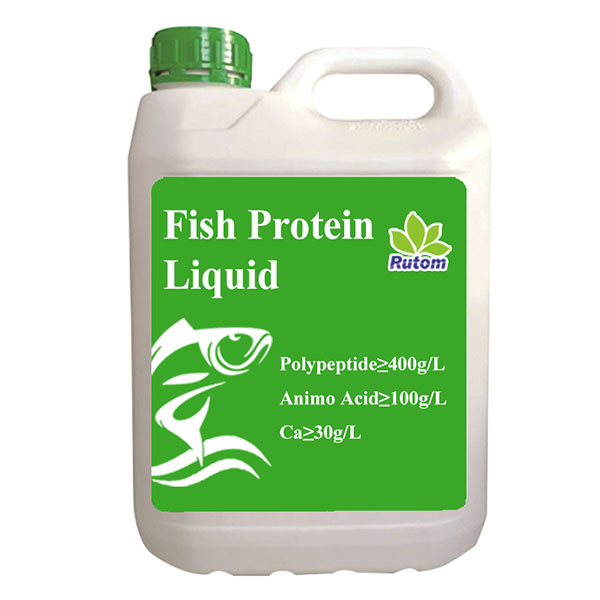
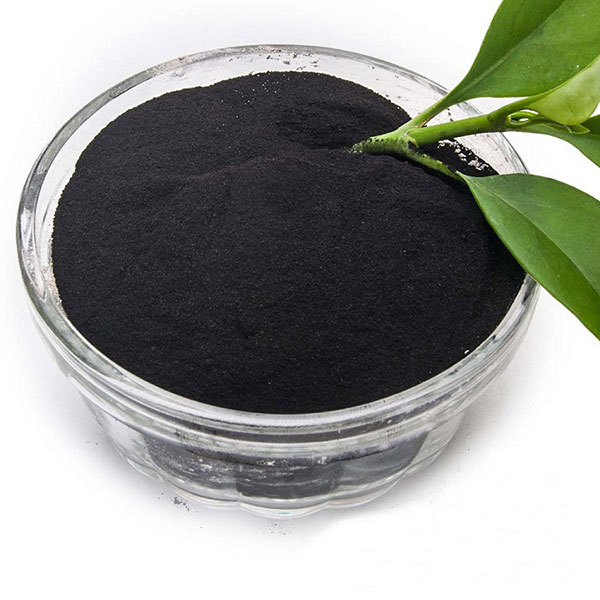
From Plant or Technical Materials
Plant origin or technicial material lists:
- Rapeseed Meal (Fertilizers, composts, soils and technical materials by products of plant origin)
- Soybean Meal (Fertilizers, composts, soils and technical materials by products of plant origin)
- Tea seed Meal (Fertilizers, composts, soils and technical materials by products of plant origin)
- Humic Acid Granule (Fertilizers, composts, soils and technical materials)
- Guano Granular (fertilizers, composts, soils and technical materials)
- Guano Micropowder (Fertilizers, composts, soils and technical materials)


